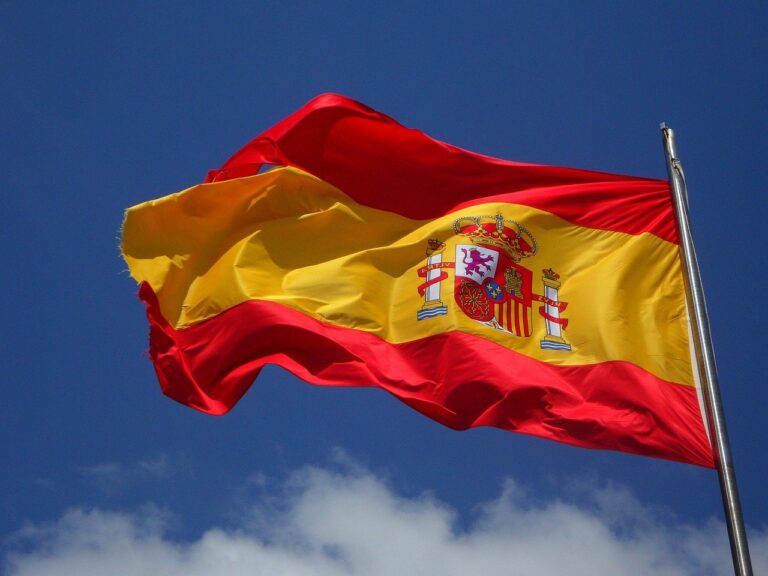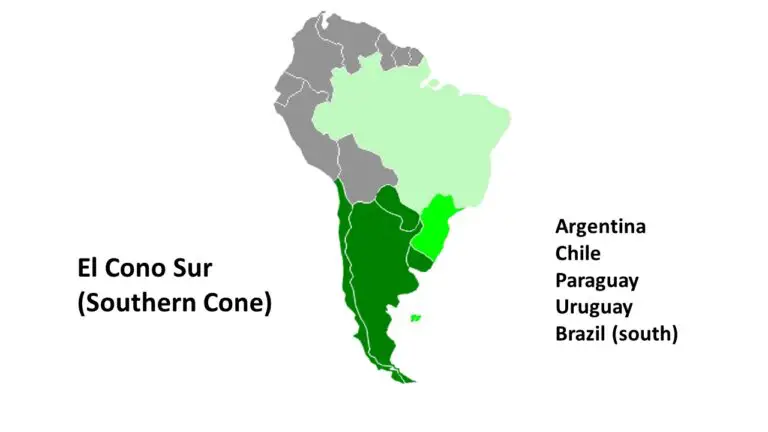Japan is one of the top TEFL destinations in the world, and for good reason. Not only does it offer an amazing culture, a first class standard of living and incredible natural beauty, but English teaching jobs pay well. But exactly how much can you earn as a TEFL teacher there?
TEFL teachers in Japan typically earn ¥250K-300K ($2,000-2,400) a month with eikaiwas, public schools & JET the most common employers. Some international schools and universities pay up to ¥600K ($4,800). Private tutoring earns ¥2.5K-3.5K per hour ($20-30).

There’s plenty of money to be made teaching English in Japan, but with so many options available, it’s important to find which job is right for you. In this article I’ll break down the earnings and requirements for each.
Searching for the perfect TEFL destination with the best earnings? Compare countries around the world with my free resource: How Much Do TEFL & TESL Teachers Make? Countries compared.
Options and earnings for TEFL teachers in Japan
The main sources of employment for new and inexperienced TEFL teachers in Japan are eikaiwas (language academies, also known as cram schools or conversation schools) and public schools, either through the government sponsored JET program or direct hiring of Assistant Language Teachers.
Those with competitive qualifications and a few years of experience can find work in international schools and universities.
There’s also the option to work as a private tutor, although it’s pretty much impossible to work exclusively as a private tutor given the country’s work permit laws.
| Earnings Source | Per Hour ($) | Hours Per Week | Per Month ($) | Annual Estimate ($) |
|---|---|---|---|---|
| Private/International Schools | 14-34 | 30-40 | 2,000-4,800 | 24K-58K |
| Eikaiwas (Language Academies) | 14-17 | 30-40 | 2,000-2,400 | 24K-29K |
| Public Schools (ALT or JET) | 11-16 | 30-40 | 1,600-2,200 | 19K-26K |
| Universities | 24-48 | 20-30 | 2,400-4,800 | 29K-58K |
| Private Classes | 20-30 | 20 | 1,600-2,200 | 19K-26K |
Compared to most countries around the world, these salaries are good. That’s mostly due to the high cost of living in such a developed country. Typical monthly expenses (including rent) are in the region of ¥200K-250K ($1,600-2,000). This makes Japan seem like a break-even country for new TEFL teachers.
However, this is not always the case. A good proportion of employers offer fantastic perks, including flights, travel and rent. Those things make up most of your normal costs, so having them paid for you means you’ll spend much less per month and keep plenty of cash for yourself.

Additionally, employers will often help you get a work permit. While this can take some time, the process shouldn’t be too painful as long as you have a bachelor’s degree (in any subject). Unfortunately, like in many Asian countries, a lack of degree closes many doors.
For more on degree requirements in countries around the world, read my article Do You Need a Degree to Work as a TEFL Teacher?
The Japanese school year begins in April, ends in March and has three terms. There’s a summer holiday in the second half of July and most of August.
School hours are typical. Children arrive at 8.45 and go home at 3.15 from Monday to Friday.
However, if you’re working in an eikaiwa (language academy), lessons may be in the afternoon or evening and potentially at the weekends. Prepare to be flexible with your hours.
How much do TEFL teachers make in eikaiwas (language academies) in Japan?
The word eikaiwa translates to “English conversation”. Eikaiwa schools are also known as cram schools or conversation schools and are private language academies, like in any other country.
They’re a good starting point for inexperienced TEFL teachers, due to their high pay and relatively low requirements. Salaries are typically ¥250K ($2,000) per month, but you can earn more with a little experience – up to ¥300K ($2,400).
With a full-time schedule of around 30-40 hours a week (including preparation time), this works out at around $14-17 per hour.
To get this kind of job, you’ll need a TEFL certificate. The more experience and qualifications you have, the greater your chances of getting employed at a better eikaiwa, but new teachers can find positions with enough effort and enthusiasm.
If you’re looking for great value TEFL certificates, I recommend International TEFL and TESOL Training. Click the link for 15% off all courses (I receive compensation, so you’re supporting me, too). Not convinced? Read why I’d choose ITTT over other TEFL course providers.
ESL Base has a great list of language academies in Japan, of which there are many. Berlitz and the British Council are there, along with countless local and national companies.
When you’re looking for jobs, check whether they provide accommodation and flights for free, or at least heavily subsidised. This makes a huge difference. It’s often worth choosing a lower salary in return for other financial perks.
How much do TEFL teachers make in public schools (ALT or JET) in Japan?
The JET program (Japan Exchange and Teaching) is one of the most famous government-sponsored teaching programs in the world.
Pay is generous, at ¥280K ($2,200) per month. For a 30-40-hour week, this works out at about $16 an hour.
You are placed in a public school where you lead classes with the support of a native Japanese teacher while also acting as a cultural ambassador. The application process is long and arduous, and you need to get started on it early – as much as a year in advance.

An alternative to the JET program is becoming an Assistant Language Teacher (ALT). The two are very similar, but ALT positions are not gained through the government, instead through various different companies, like Interac, which have their own conditions and salaries.
The benefits are that the application process is generally easier, and you have more control over where you are placed. However, pay is lower than JET, at ¥200K-250K per month ($1,600-2,000) with hourly rates in the $11-14 region.
Salaries are good for JET and ALT teachers. Flights will probably be paid for, but in most cases you’ll have to cover the costs of rent.
How much do TEFL teachers make in international schools in Japan?
If you have strong qualifications and a few years of TEFL experience, you could consider working in an international school in Japan.
Like in most countries, the salaries at these institutions vary depending on the school’s reputation and the quality of the applicant’s CV.

At the lower end, ¥250K ($2,000) per month can be expected, while the best teachers at prestigious schools can earn upwards of ¥600K ($4,800). Many of these schools also pay for accommodation.
Obviously, with such good pay, there’s going to be lots of competition. A degree-level teaching qualification is a must for reputable schools, as well as a minimum of two years of teaching experience.
How much do TEFL teachers make in universities in Japan?
Getting a job teaching English at a university in Japan is tough. It’s extremely competitive, and you’ll need a degree-level teaching certificate, or a master’s in TEFL to even get a look in.
But if you make it, you’re looking at a great wage with a relatively relaxed schedule. For a salary of ¥300K-600K ($2,400-4,800) per month, you’ll work between 20 and 30 hours a week, including planning and preparation time. This gives you an hourly wage of $24-48.
How much do TEFL teachers make from private classes in Japan?
Private classes are always a great opportunity to add a little extra income while meeting new people. In Japan, typical rates are ¥2,500-3,500 ($20-30) per hour.
You won’t be able to work exclusively as a private tutor, though. Japan, like almost every country, demands an employment contract to get a work permit, so it’s near enough impossible for foreigners to be self-employed.
But you can definitely earn a tidy amount from a tutoring side hustle. If you took three hours of private classes a week at $25 a lesson, you’d earn an extra $300 a month. TWhy not put that towards a trip around Asia!
For more on how to get started as a private EFL/ESL teacher, read my article on the topic: How to Get Started as an EFL/ESL Private Tutor: Full guide.
Conclusion
The attraction of Japan isn’t necessarily the competitive salaries. Most people go there to enjoy the unique lifestyle and culture rather than to get rich. But if money is your aim, you can earn a decent packet.

It can be tricky for new TEFL teachers to find employment in Japan, so I’d recommend applying for one of the public school positions, either the JET program or as an ALT as they don’t require prior experience.
Once you’re there, you can move on to an eikaiwa or even an international school to take advantage of the enticing salaries on offer.
Whatever job you get, you can be sure it’ll pay you sufficiently to enjoy your time in this wonderful country.
Why not head over to my resource: How Much Do TEFL & TESL Teachers Make? Countries compared to see what countries around the world can offer?
If you’re looking for great value TEFL certificates, I recommend International TEFL and TESOL Training. Click the link for 15% off all courses (I receive compensation, so you’re supporting me, too). Not convinced? Read why I’d choose ITTT over other TEFL course providers.










